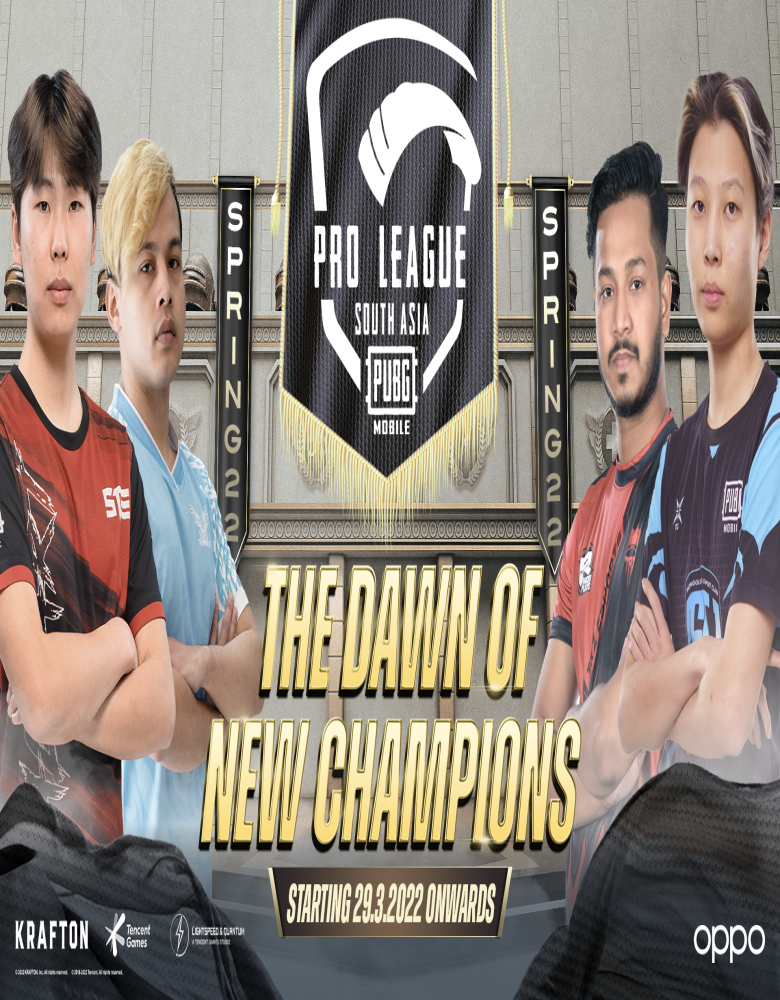Nature's Muscle Builders Top Vegan Protein Sources
In today's health-conscious world, the importance of protein in building and maintaining muscle cannot be overstated. While traditionally, animal products have been the go-to source for protein, there's a rising trend towards plant-based options, especially among those embracing a vegan lifestyle. This article will explore the top vegan protein sources that not only provide essential amino acids but also promote muscle growth and overall well-being.
The Protein Puzzle Unraveling the Basics
Before we delve into the top vegan protein sources, let's understand the fundamentals. What is protein, and why is it crucial for muscle building?
What is Protein
Proteins are macronutrients composed of amino acids, which are the building blocks of our body. They play a vital role in various bodily functions, including muscle repair, enzyme production, and immune system support.
The Role of Protein in Muscle Building
When we engage in physical activity, especially resistance training, our muscles undergo stress and microscopic damage. Protein steps in as the repair crew, aiding in the reconstruction and strengthening of muscle fibers.
The Powerhouse Protein Lentils
Why Lentils
Lentils are a nutritional powerhouse, packed with protein, fiber, and a host of essential nutrients. They are versatile, easy to cook, and can be incorporated into a wide range of dishes.
Protein Content in Lentils
A single cup of cooked lentils provides approximately 18 grams of protein, making it an excellent choice for muscle building.
Additional Benefits
Beyond protein, lentils are rich in iron, folate, and complex carbohydrates, providing sustained energy for workouts.
Mighty Quinoa A Complete Protein Source
The Quinoa Advantage
Quinoa is a unique plant-based protein source, as it contains all nine essential amino acids. This makes it a complete protein, a rarity among plant foods.
Protein Profile of Quinoa
One cup of cooked quinoa boasts about 8 grams of protein, making it an ideal addition to a vegan muscle-building diet.
A Nutrient-Dense Powerhouse
In addition to protein, quinoa is loaded with magnesium, iron, and fiber, supporting not only muscle health but overall vitality.
Harnessing the Power of Tempeh
The Fermented Marvel
Tempeh, a fermented soybean product, is a favorite among vegans and vegetarians alike for its impressive protein content and unique texture.
Protein Punch in Tempeh
A 3-ounce serving of tempeh provides around 16 grams of protein, making it an efficient muscle-building ally.
Gut-Friendly Benefits
Being a fermented food, tempeh also supports gut health, ensuring optimal nutrient absorption for muscle repair and growth.
Spirulina The Algae Superfood
Unveiling the Spirulina Secret
Spirulina is a blue-green algae hailed for its incredible nutritional profile. It's a potent source of plant-based protein and an array of essential nutrients.
Protein Potency of Spirulina
In just two tablespoons of dried spirulina, you'll find approximately 8 grams of protein, making it a convenient addition to shakes and smoothies.
A Nutrient Treasure Trove
Beyond protein, spirulina is rich in B vitamins, iron, and antioxidants, fortifying muscles and supporting overall well-being.
Hemp Seeds Tiny But Mighty
The Power of Hemp
Hemp seeds are a small but mighty protein source, packed with a dense nutritional profile that supports muscle growth and recovery.
Protein Payload of Hemp Seeds
A mere 3 tablespoons of hemp seeds deliver around 10 grams of protein, along with a healthy dose of omega-3 fatty acids for inflammation control.
A Balanced Nutritional Boost
Hemp seeds also provide a good balance of essential fatty acids, fiber, and various vitamins and minerals, ensuring comprehensive muscle support.
Embracing a vegan lifestyle doesn't mean compromising on muscle-building nutrition. Nature provides a diverse array of powerful vegan protein sources that not only support muscle growth but also promote overall health and vitality.
The Plant-Powered Progress
Embracing a vegan diet for muscle building offers numerous benefits beyond just protein intake. It's rich in antioxidants, fiber, and a plethora of vitamins and minerals that support overall health and well-being. Additionally, plant-based diets are typically lower in saturated fats, which can be advantageous for cardiovascular health.
Diversify for Optimal Results
While each of the aforementioned vegan protein sources is a potent muscle builder in its own right, variety is the key to a well-rounded and balanced diet. Incorporating a range of these options not only ensures a broader spectrum of nutrients but also keeps meals exciting and delicious.
The Journey Starts Here
Ready to Transform Your Muscle Building Journey
Embarking on a vegan muscle-building journey is an empowering choice for both your health and the environment. By choosing plant-powered options, you're not only investing in your physical well-being but also contributing to a more sustainable planet.
Seek Professional Guidance
If you're transitioning to a vegan diet for muscle building, consider consulting a registered dietitian or nutritionist. They can offer personalized advice to ensure you're meeting all your nutritional needs and help you create a well-balanced meal plan tailored to your goals.
In the realm of muscle building, the plant kingdom holds a treasure trove of options that can rival any animal-based protein source. Lentils, quinoa, tempeh, spirulina, and hemp seeds are not just vegan alternatives; they are powerhouses of nutrition that can fuel your muscle-building journey with compassion and vitality.
FAQs
Can I get enough protein on a vegan diet?
- Absolutely! With a balanced selection of plant-based protein sources like lentils, quinoa, tempeh, spirulina, and hemp seeds, you can meet your protein needs effectively.
Are these protein sources suitable for athletes?
- Yes, they are. These vegan protein sources offer a complete array of amino acids necessary for muscle repair and recovery, making them excellent options for athletes.
How can I incorporate these sources into my diet?
- They can be used in various ways, from salads and stews to smoothies and energy bars. Get creative and experiment to find what works best for your taste and lifestyle.
Can I build muscle solely on a vegan diet?
- Absolutely. With a well-planned vegan diet rich in diverse protein sources, combined with regular exercise, you can achieve impressive muscle-building results.
Is there a recommended daily intake of protein for muscle building?
- The general guideline is about 1.6 to 2.2 grams of protein per kilogram of body weight for individuals engaged in regular strength training and muscle-building activities.

%20(1).jpg)





/senior-man-working-in-a-greenhouse-557921401-1469be732eeb48eba745bf822f4833f4.jpg)





 English (US) ·
English (US) ·